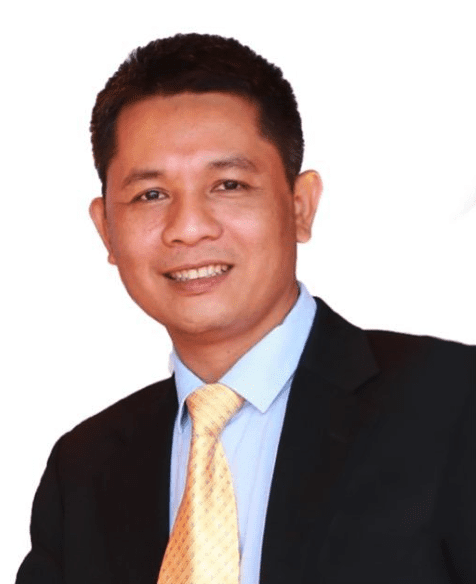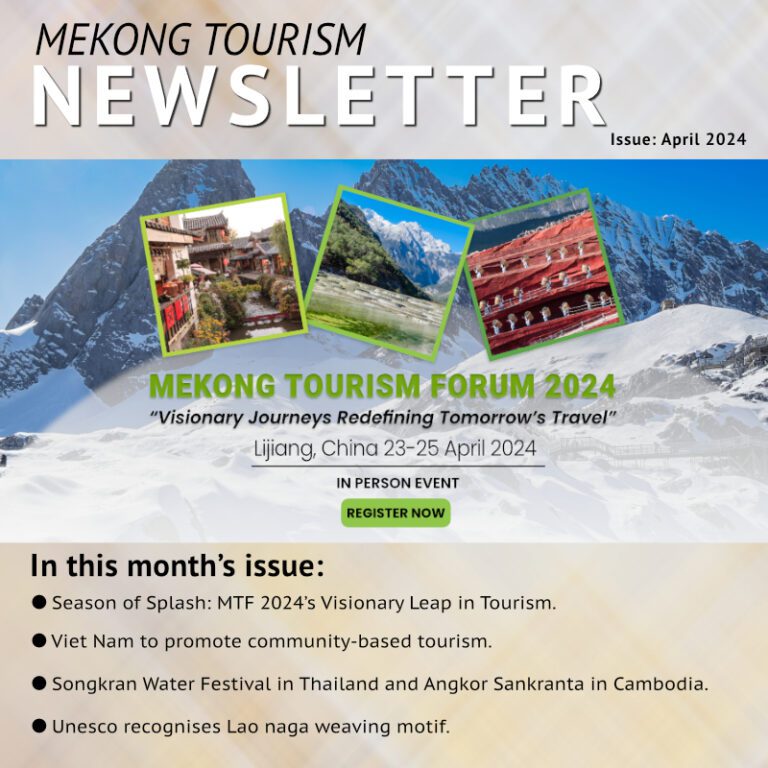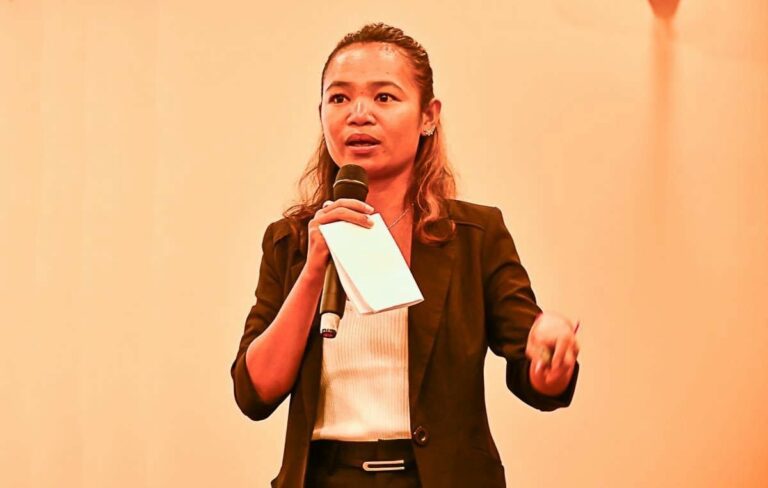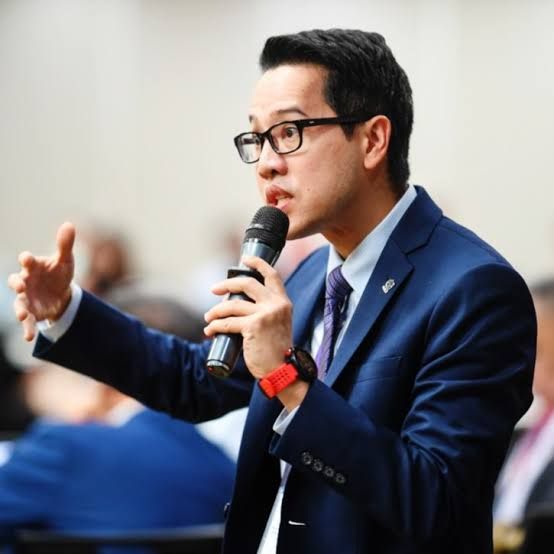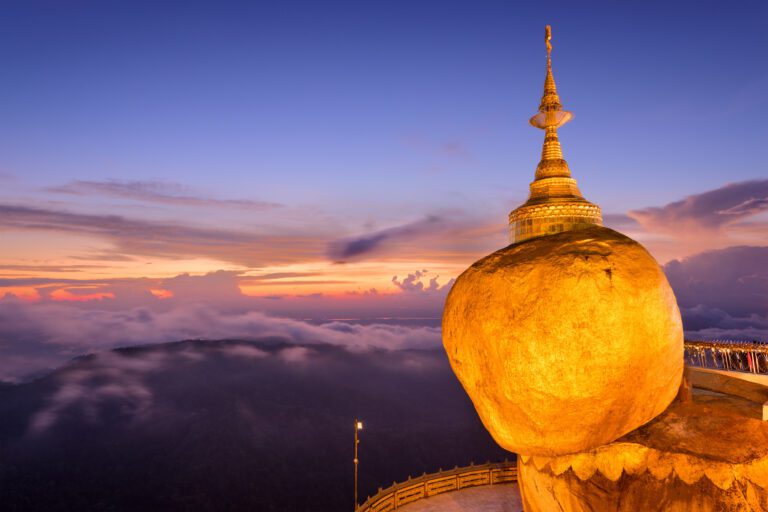“Balance is key to many things in our life. Right now if we look at tourism, we can say that we lost this balance,” says Jens Thraenhart, CEO of Mekong Tourism during the discussion on the concept of balanced tourism with Graham Harper, Director of Sustainability & Social Responsibility.

Graham: Jens, we’ve been talking about “overtourism,” and you are saying that it’s a very negative term, which it is. What is your answer to that?
Jens: I think we have seen a lot of overcrowded destinations and obviously tourism brings all kinds of problems, from pollution to residents not being happy, and pushing back. It also degrades the entire experience someone may have in a destination. There is no question that there is “overtourism” and “overcrowding”. However, I think “overtourism” looks at the surface of the problem. I think in order to look at a deeper level we need to examine the root cause of the problem.
For the next Mekong tourism forum in May 2020, which will be held in Bagan, Myanmar, we have chosen to use the theme of “Achieving Balanced Tourism.”
We believe that everything in life needs to be balanced, and since we are talking about Asia, why not take a closer look at the Confucian methodology. In order to achieve harmony and happiness, we need to be in balance with yin and yang, and it seems this has been neglected in tourism and economic development over the recent years.
We talk to tourism ministries and destination marketing/management organisations from all over the world, and what we hear is that the focus is all about more, more and more visitor arrivals. Sometimes it means more money, but that is not the predominant factor all the time. If we push for more, more and more, at some point it’s going to break. I think that is what we are seeing, so I believe we need to go back and achieve that balance.
Graham: Certainly, it is easy to see the examples where it’s starting to break, from either “overtourism” or the other problems that can come from it.
The idea of “balanced tourism” is actually really nice, and I like this positive term. What would be some strategies that could help us achieve that “balanced tourism”?
Jens: First and foremost, looking at “overtourism”, there are lots of papers and articles out there, and many of them are fascinating and they are all with the right intentions. But I feel like when we talk about “overtourism” we are looking at it like it was a headache, and we are taking a headache pill to get it go away, but in essence the headache will come back. By taking a pill we will not solve the underlying issue.
I think by achieving this balance, we are looking at the deeper issue, and I think that is what we need to do. Balance is key to many things in our life. Right now if we look at tourism, we can say that we lost this balance. We need to go back, and I believe if we create a movement around achieving balance from sustainable consumption to responsible travel, then people would start thinking differently.
Once people start thinking differently, we have already achieved half of our goals. People already know that something is wrong when they experience over-crowded destinations and are confronted with polluted beaches, but now we have to have them think about what is the underlying problem, and I think that the underlying problem is that we lost balance. Tourism today is out of balance.
Graham: In this movement, who do you feel would be the key players?
Jens: You know, I think the beauty of that is, it’s everybody.
Let’s take one example, city planning. We live in Bangkok; we see condos going up. We’ve seen communities being taken down. China town is also changing, with authentic neighbourhoods making room for new developments. These changes are for the benefit of a new modern lifestyle to drive economic development. Especially in Asia sometimes, what is actually getting lost is that balance. People these days want to live in authentic communities. There might be some glass buildings and condos, but we also have to think about the small coffee shops, grocery shops, not just the big new shiny supermarkets. I think it’s with everything, we need to ensure that development is not tipping the system out of balance. When it comes to tourism experiences, we need to look at visitor dispersion to drive inclusive growth and allow everybody to share the benefits of tourism. So, I think it really touches everything.
Graham: Planning with government agencies, the different involvement of community agencies, and private businesses and their own product development…
Jens: Even residents. I think it is a whole stakeholder engagement process. Normally things get out of balance, maybe because of greed, and that is natural and human. But to protect the culture and heritage is a long-term investment that pays back in many ways.
Graham: Well we can always see negative examples, but actually if we look, there’s plenty of positive things happening. Maybe in just that term itself, “balanced tourism”, it’s pointing towards looking at the positive. And making your mindset towards that positive direction.
Jens: Exactly, and if we have balance in ourselves, we feel healthier and happier. So, if I live in a balanced environment, we feel more at ease. I think it is all connected. That’s why I think if we go back to Confucius, his teachings are all around creating and achieving that balance. It might be too philosophical what we are trying to achieve, but maybe we have to go back that far, and see how we can build it back up. If we just say, for example, we’re going to charge 50 USD everyone who wants to get into Venice or close more islands and attractions to recover, that’s not balance. It does however for a certain amount of time to reduce the number of tourists flocking in, which is an important reaction to safe the destination, but is that solving the problem in the long-term?
Graham: Good example. Well, I think today we’ve launched the movement. Jens, thank you very much for sharing your opinions and ideas, and starting the discussion of “balanced tourism”.
Jens: Thank you very much for the opportunity, Gray. Next May, in Bagan will be the first conference that actually uses “achieving balanced tourism” as a theme, and so I hope that we can have a lot of people join us at the 2020 Mekong Tourism Forum, and having a healthy debate.
